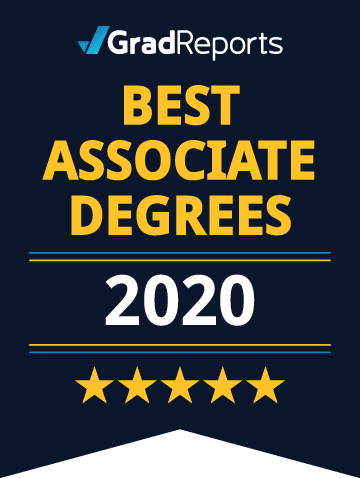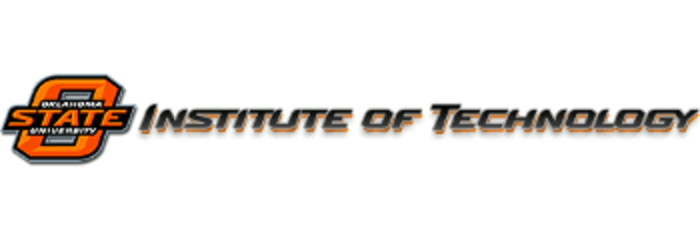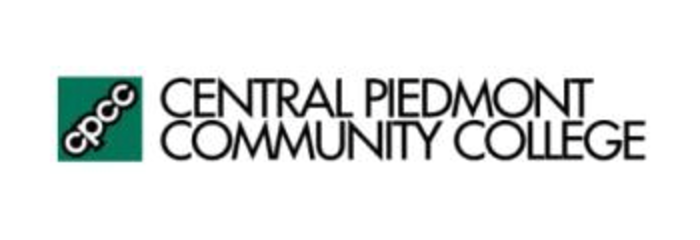
24 Best Colleges for an Associate in Automotive Technology
We ranked the 24 best colleges for an associate degree in automotive technology. Graduates from the top school, Sheridan College, had median salaries of $54,000 one year after completing their degrees. The college with the lowest median student debt for automotive tech graduates was Suffolk County Community College, with a median debt of $7,000.
Tuition, median salaries, and median debt were reported by the U.S. Department of Education in November 2019. View our methodology for more details about these rankings or read more about the top-ranked schools.
2020 Best Colleges Highlights
Learn more about the top colleges for a Associate in Automotive Technology degree. You can also read student reviews of each school by clicking on the stars. Although student reviews were not used as a ranking factor in this list, we provide ratings and reviews so students can consider the experience of alumni in their decision-making process.

Founded in 1946, Oklahoma State University of Technology is a public institution that offers 36 different degree programs, most of which are Associate in Applied Science degrees. The AAS in Automotive Service Technology is available in five different concentrations; students can specialize in Ford, GM, Mopar, Toyota, and general automotive and diagnostic procedures. All are two-year programs and are offered both on the university’s campus in Okmulgee and in hybrid format.
Students receive a comprehensive education in all major automotive systems, including electrical, brakes, steering and suspension, automatic and manual transmissions, transaxles, climate control, and engine performance. Courses in business, math, English, and history are included in the general education requirements. Automotive theory and classroom instruction are combined with hands-on training, as each program includes an internship arrangement where students work and receive compensation in real-world situations under supervised conditions so they can apply what they are learning. Depending on the program, 84 to 90 credits are required to complete the degree. Students may be eligible to transfer credits from prior learning.
Visit Oklahoma State University Institute of Technology's website.

Founded in 1903, North Dakota Technical College is a public college located in the city of Wahpeton and is part of the North Dakota University System. More than 100 degree, certificate, and transfer programs are offered in subjects ranging from agriculture to IT to manufacturing. The Associate in Applied Science in Automotive Technology degree is an on-campus program that teaches students to test, diagnose, adjust, and repair all major automotive systems, including transmissions, brakes, electrical, heating and air conditioning, suspension, steering, and axles. With the growing emphasis on green technology, students will also learn about electric and hybrid systems.
General education courses include mathematics, writing, and public speaking. An optional fifth semester features courses in advanced chassis repair, engine building, automatic transmission, transaxles, and computer systems. After completing the two-year degree, graduates can return for one more year and earn a second major in Auto and Diesel Master Technician. Students who wish to further their education can transfer this AAS degree to many four-year universities.

Established in 1963, CPCC is a public college in the area of Charlotte, North Carolina. Nearly 300 different degree programs are available at its six campus locations. The Associate of Applied Science in Automotive Systems Technology is offered at the Merancas Campus in Huntersville and the Levine Campus in Matthews.
Students learn how to repair and maintain vehicles of many makes and models. Courses cover all major aspects of automobile systems: brakes, electrical/electronic systems, steering, suspension, automatic transmissions, manual drive trains, climate control, engine performance, and more. The curriculum covers tools, equipment, methods, and the most up-to-date service information from leading manufacturers in the industry. Students learn to diagnose and repair a wide range of problems, from simple fixes to complex electronics systems. The course includes a work program so students can gain experience in a real-world environment while they are completing their education. Students can study fully on campus or choose to take some classes online. A total of 68 credits are required to complete the degree, and graduates of the program may take the Automotive Service Excellence exam.